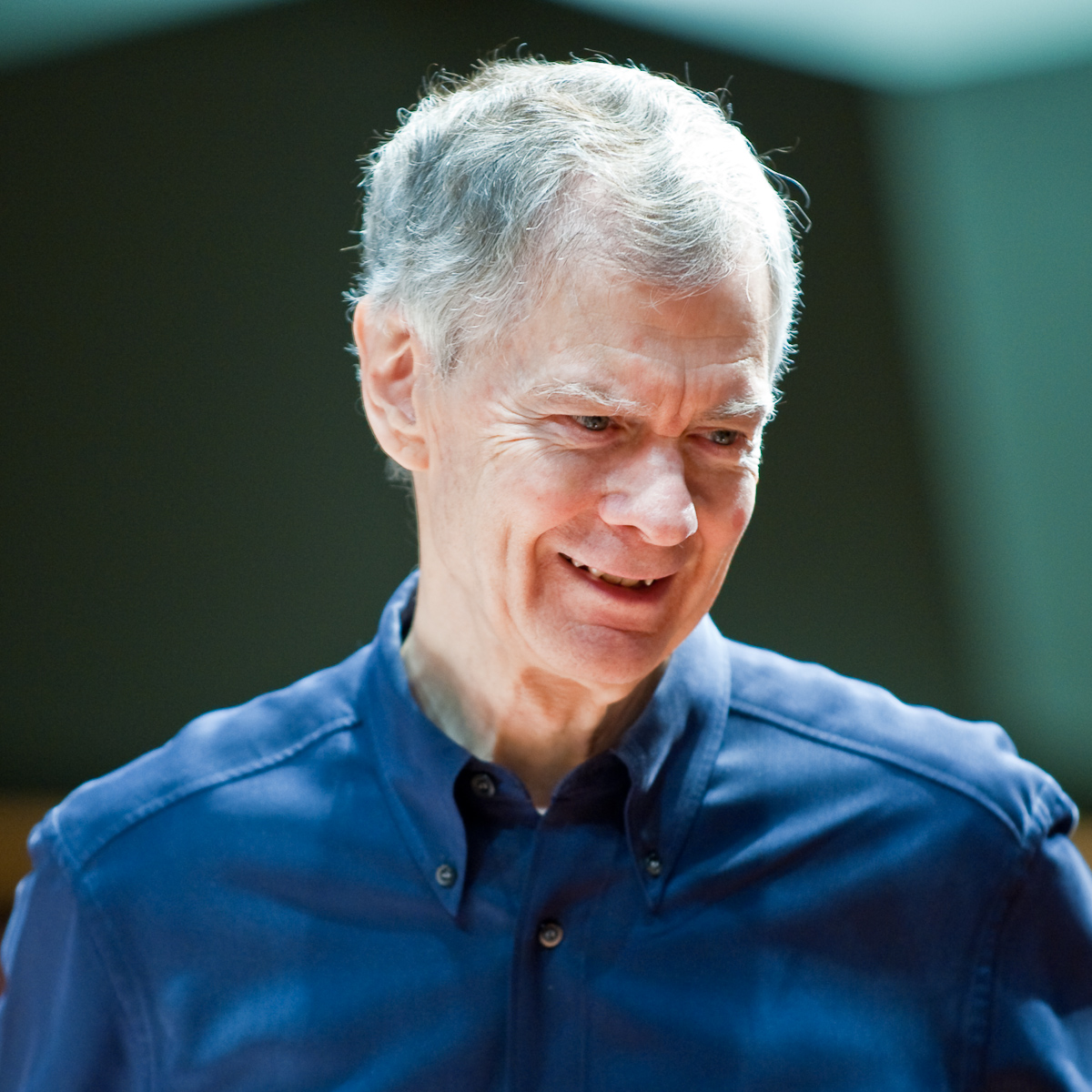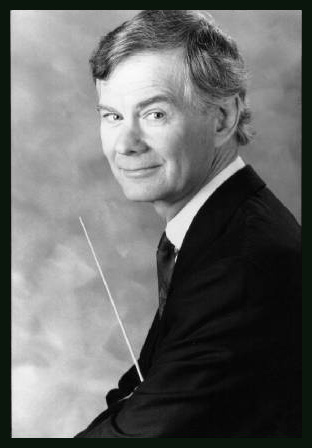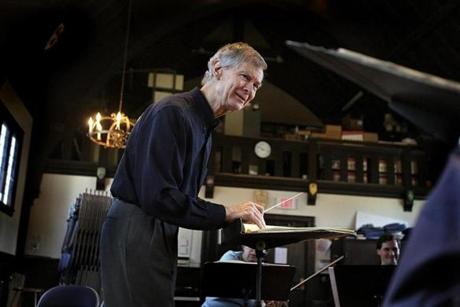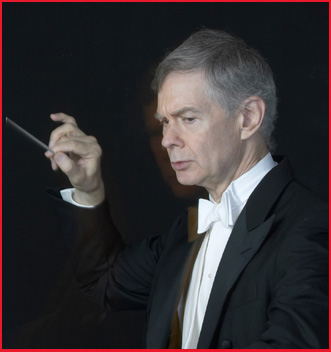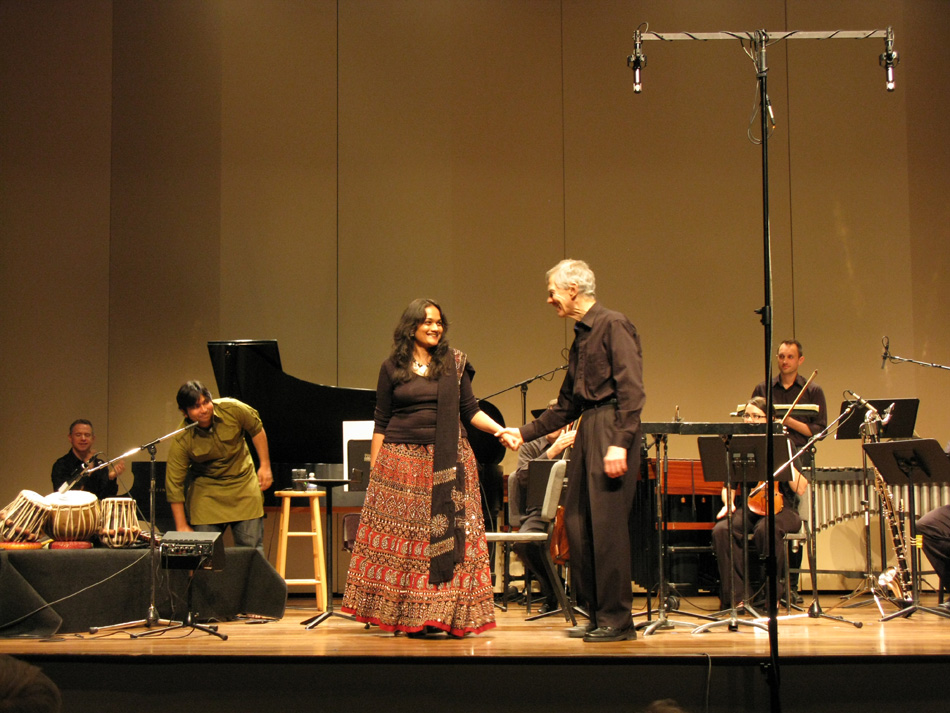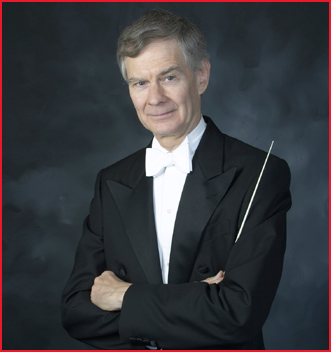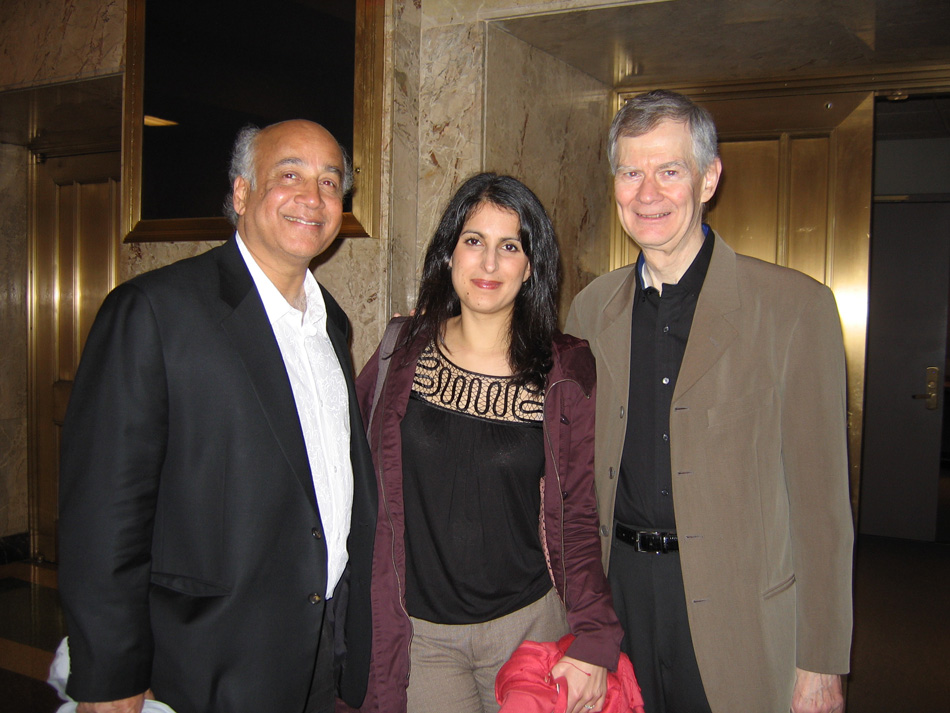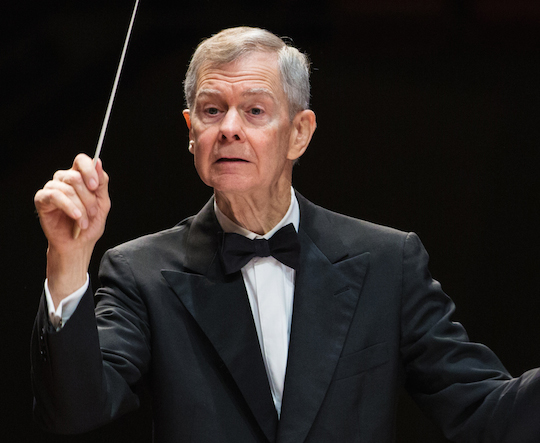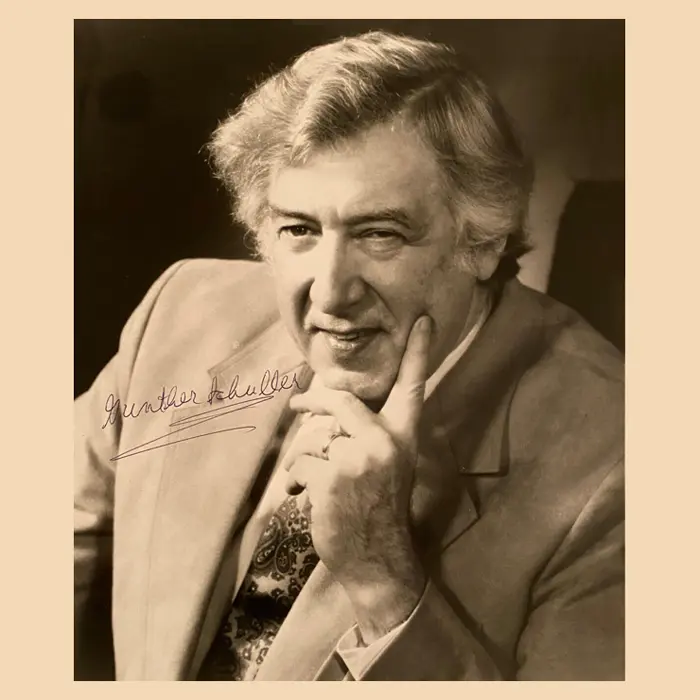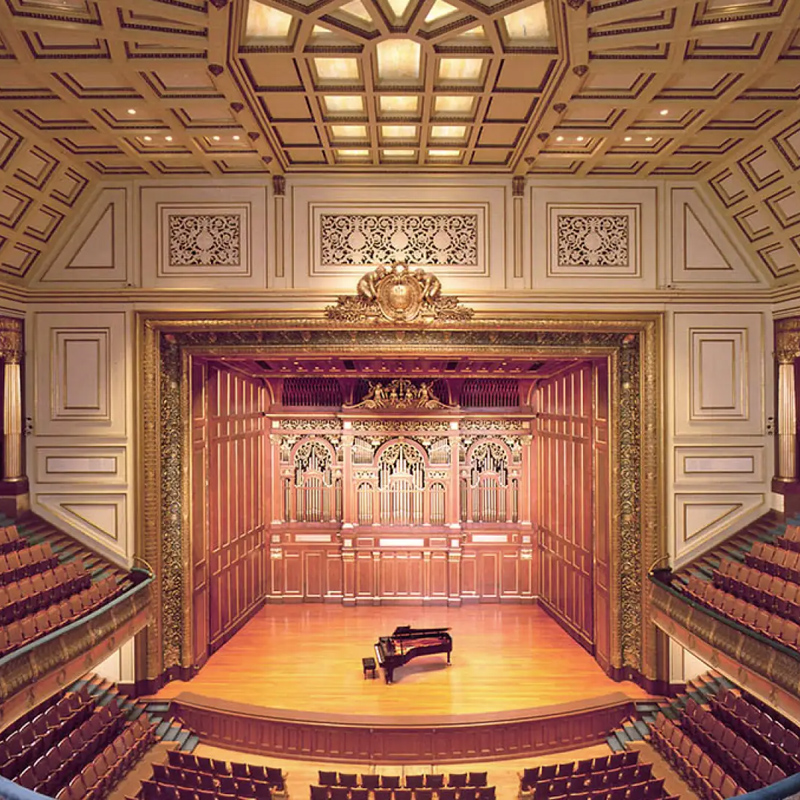Richard Pittman
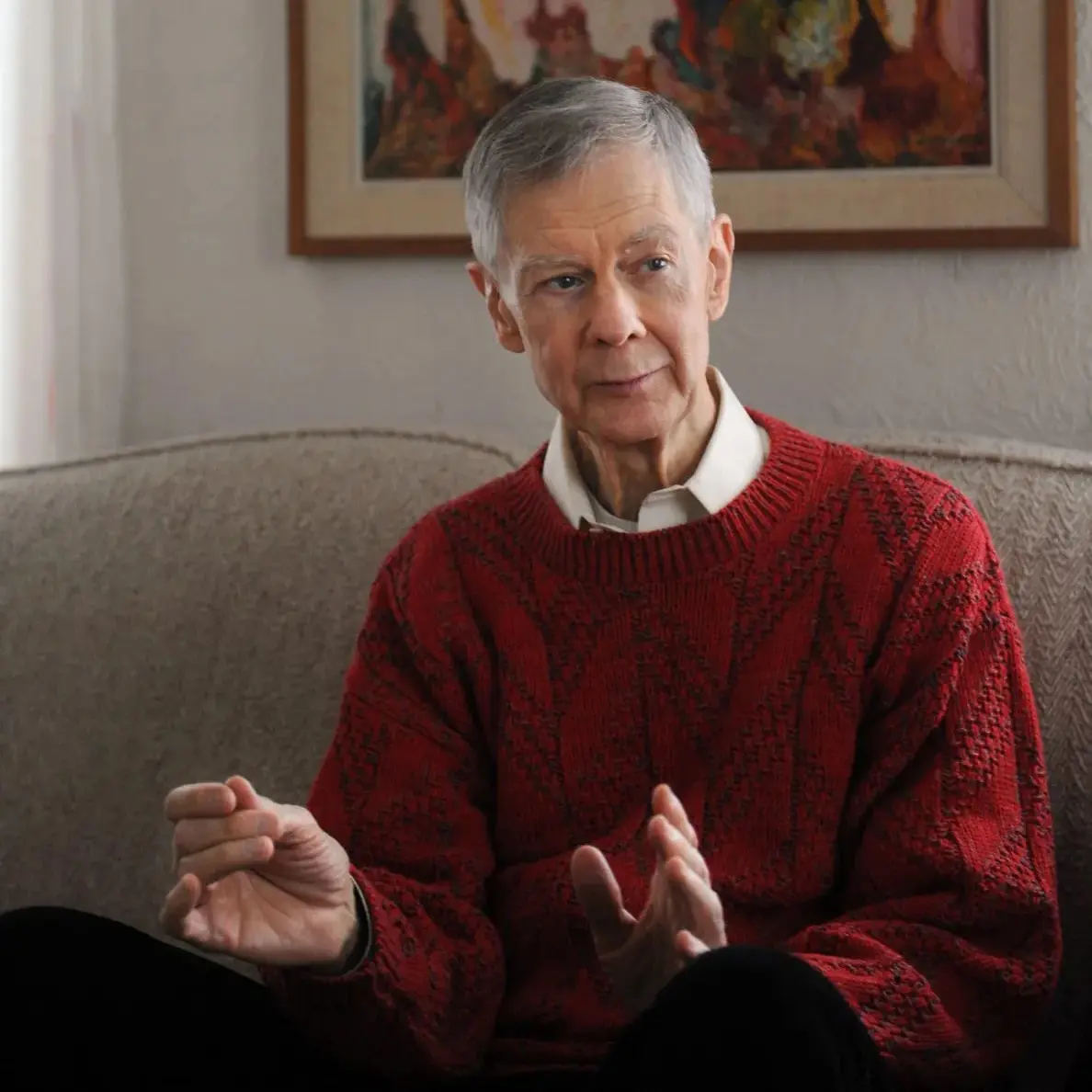
Richard Pittman photo: Metro Daily News
There was always singing in renowned conductor Richard Pittman’s Baltimore home when he was growing up. His father, Harding Pittman, once had a radio show under the name of the Irish Tenor, and was a soloist in churches later in his life. His mother sang in the church choir.
Pittman was a soprano and spent a couple of months in a professional boys’ choir before going instrumental, taking up the trombone and later playing in the US Army Field Band for three years, followed by another three in the National Symphony Orchestra. But even though he didn’t realize it at the time, his musical career had already begun going down another road.
Early training, Eastman School Of Music
Pittman was the drum major in his high school marching band, so he would conduct them whenever a touchdown was scored. He was also the conductor of his high school band. When he went to Peabody Conservatory in Baltimore with thoughts of becoming a music teacher, he took some conducting courses.
Then came the army stint, during which a trumpet-playing colleague suggested that he had a talent for conducting. Based on that, when he took the National Symphony position, he played trombone but also studied conducting. A Fulbright Scholarship allowed him to continue his conducting studies in Germany, and upon his return to the US he landed a position as instructor of conducting and opera at the Eastman School of Music in Rochester, New York.
New England Conservatory, Other positions
That’s when New England Conservatory President Gunther Schuller stepped in and hired him to teach conducting at the Boston institution in 1968, which he did for 16 years. These days, the longtime Newton resident is busy guest conducting, but only when he’s not spending most of his time serving as music director for three local groups: Boston Musica Viva (which he founded in 1969), the Concord Orchestra and the New England Philharmonic.
In a recent conversation, Pittman spoke of the differences between them. “Boston Music Viva is a new music ensemble, a modern music group,” he said. “The Concord Orchestra is mostly the traditional repertoire, with a sprinkling of new things and some pops concerts. The New England Philharmonic has an emphasis on new music, but I like to present it in the context of connecting it with older music.”
(by Ed Symkus)

